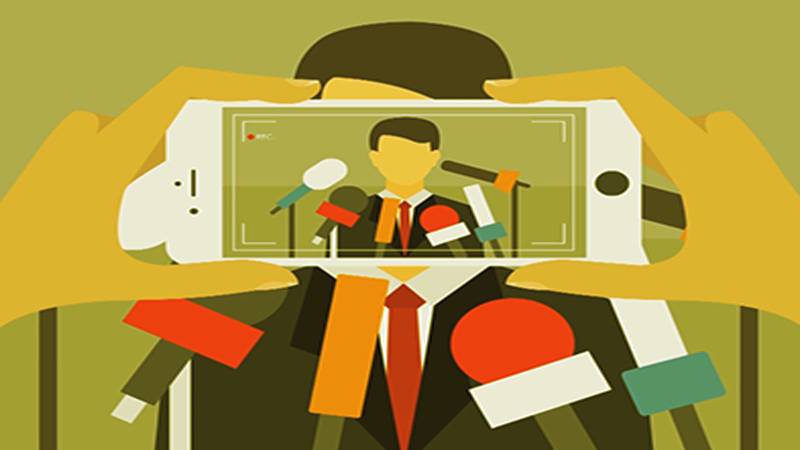
In a world buzzing with digital noise, how can minority youth make their voices heard, valued, and transformative? Rapid information exchange and digital connectivity dominate this era, underscoring the power of effective communication across various media platforms. For minority youth, mastering communication skills in mass media, print media, and new media (social media) is not just about personal growth but also about contributing meaningfully to the country's economy and playing a vital role in societal betterment.
Recently, a non-profit organization organized a workshop in Lahore that was focused on ‘Digital Justice and Inspiring Youth through Effective Communication.’ This event wasn't just about honing communication skills; it was about igniting a spark of empowerment and societal transformation among minority youth.
During the workshop, seasoned journalists and communication experts shared insights that resonated deeply with participants. They talked about more than just writing techniques; they emphasized the importance of ethical citizen journalism and the power of storytelling to drive change. One participant remarked, "It's not just about writing; it's about using our voices for good, for justice."
The discussions didn't stop with technical skills. They delved into the heart of communication—connecting with people, understanding diverse perspectives, and fostering empathy. "In a world overwhelmed with noise, our job as communicators is to cut through the clutter and touch hearts," said one facilitator.
The workshop also addressed the digital divide. The workshop encouraged participants to use social media not only for personal benefit but also to make a societal impact. "Your posts can be more than selfies and memes; they can be catalysts for change," remarked another speaker.
The overarching message was clear: as minority youth, you have a unique opportunity and a significant responsibility. Your words, your stories, and your actions can shape narratives, challenge stereotypes, and pave the way for a more inclusive and equitable society. "We may be minorities, but our voices can be major forces for good," affirmed a participant.
The workshop wasn't just about learning; it was about empowerment. It was about equipping youth with the tools and mindset to become effective communicators, leaders, and changemakers. As one participant summed it up, "We are not just storytellers; we are the architects of a better tomorrow."
Instead of aimless scrolling, we can use our time on social media productively. By sharing meaningful content, promoting ethical journalism, and engaging in constructive dialogue, we can drive positive change and uplift our communities.
So, to all the youth out there: embrace your voice, hone your skills, and step into your role as communicators of change. The world is listening, and your message matters. Together, let's make our country and our society a place where everyone thrives, regardless of background or identity.

